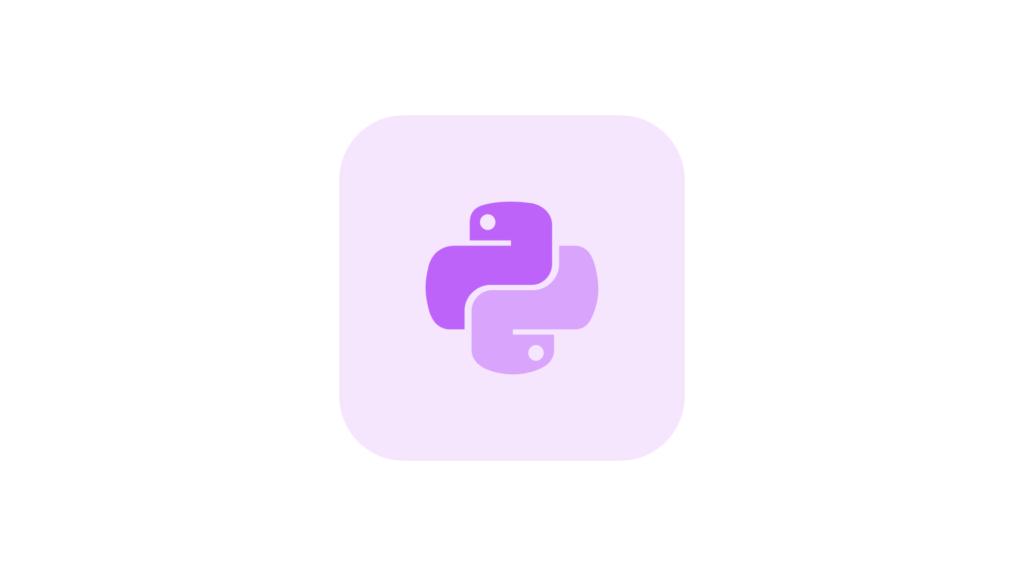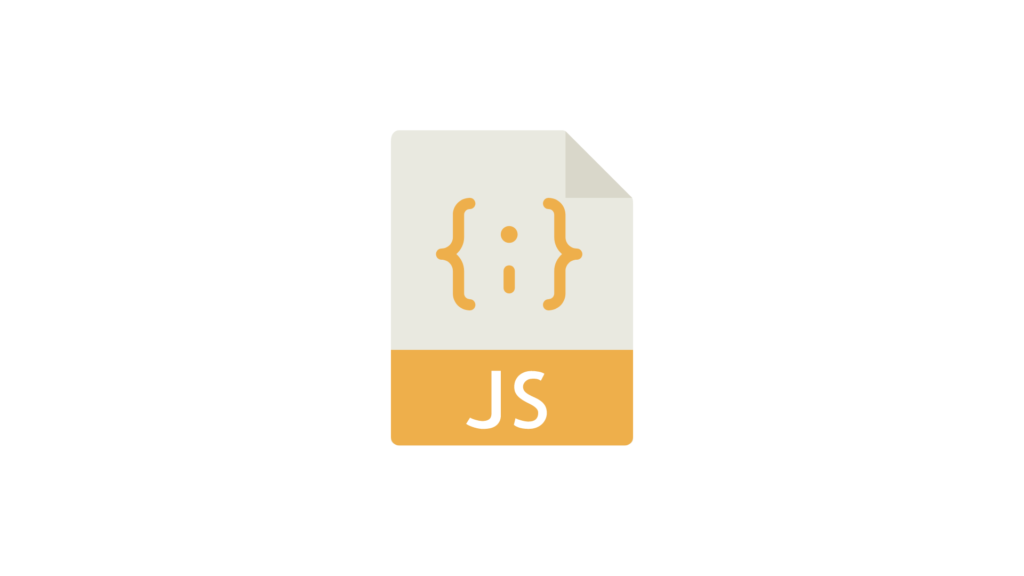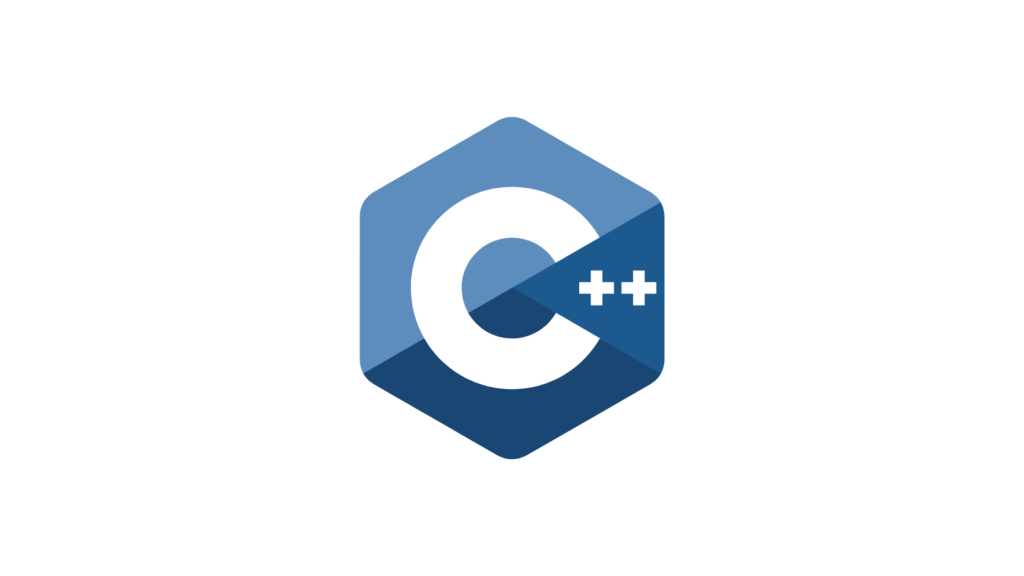
Artificial Intelligence (AI) is the driving force behind the next wave of technological innovation, shaping the future of industries and redefining the way we interact with machines. At the core of AI development are programming languages, the tools that breathe life into intelligent systems. Choosing the right programming language is crucial for building efficient, scalable, and robust AI applications. This blog explores the top programming languages that are pivotal for AI development, highlighting Python, Java, C++, and Lisp, and providing insights into why they stand out in the AI landscape.

The Front-runner in AI Development: Python’s simplicity, versatility, and the vast array of libraries make it the go-to language for AI development. Libraries which facilitate machine learning, deep learning, and neural network creation, streamlining the development process. Python’s readability and concise syntax enable developers to implement complex algorithms with fewer lines of code, enhancing productivity. Additionally, the extensive community support and open-source frameworks available in Python accelerate the prototyping of AI models, making it an indispensable tool in the AI toolkit.

Bridging the Gap Between Scale and Performance: Java’s platform independence, robustness, and ease of debugging make it a preferred choice for large-scale AI systems. The language’s portability allows AI applications developed in Java to run seamlessly across different platforms, ensuring broad accessibility. Java’s automatic memory management and garbage collection mechanisms are pivotal for handling the intensive computational requirements of AI applications. Libraries such as Deeplearning4j, WEKA, and MOA further empower developers to build and deploy AI models efficiently, making Java a reliable ally in AI development.

Unleashing High Performance and Efficiency: When it comes to performance-critical AI applications, C++ is unrivaled. Its ability to execute low-level manipulation and provide precise control over system resources makes C++ ideal for developing AI applications where speed and efficiency are paramount. C++ is instrumental in programming hardware and developing AI systems that require real-time processing, such as gaming AI, autonomous vehicles, and robotics. Its extensive use in machine learning and deep learning libraries, including TensorFlow and Torch, underscores C++’s significance in pushing the boundaries of AI capabilities.

The Pioneering Language of AI: Lisp, one of the oldest programming languages, holds a special place in the history of AI development. Its unique features, such as symbolic expression, powerful recursion capabilities, and dynamic typing, have made it a favored choice for early AI research and development. Lisp’s adaptability allows for rapid prototyping and experimentation, enabling developers to iterate AI models quickly. While its popularity has waned compared to newer languages, Lisp’s contributions to the evolution of AI programming and its continued use in specialized AI projects highlight its enduring legacy.

The landscape of AI development is vast and varied, with each programming language offering unique advantages. Python’s ease of use and comprehensive libraries, Java’s platform independence, C++’s performance efficiency, and Lisp’s pioneering role in AI research form the cornerstone of modern AI development. Aspiring AI developers should consider these languages as essential tools in their repertoire, each serving as a key to unlocking the potential of artificial intelligence and paving the way for innovations that will shape our digital future. You can also visit our online courses page to explore more about these languages and learn in-depth.
